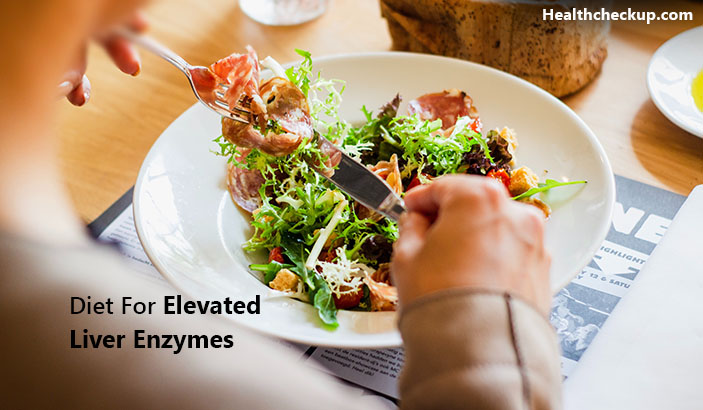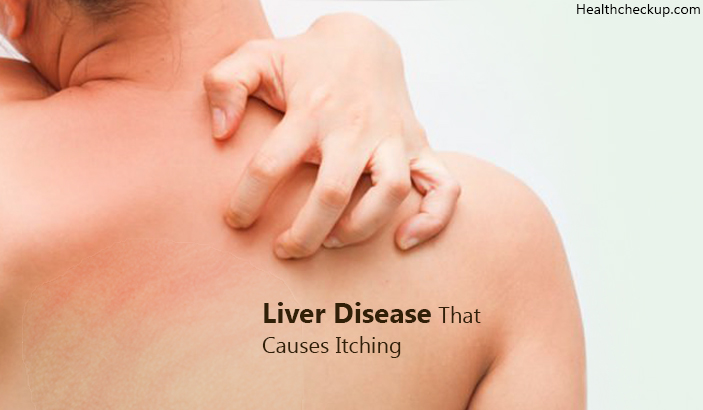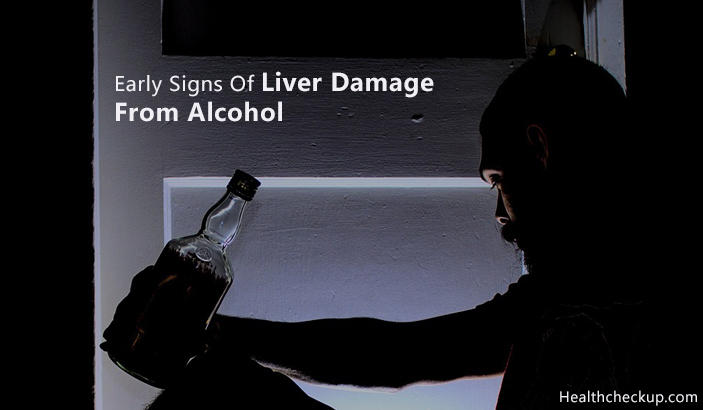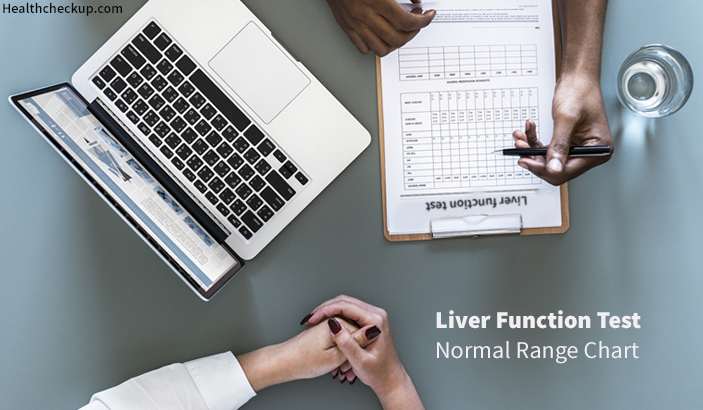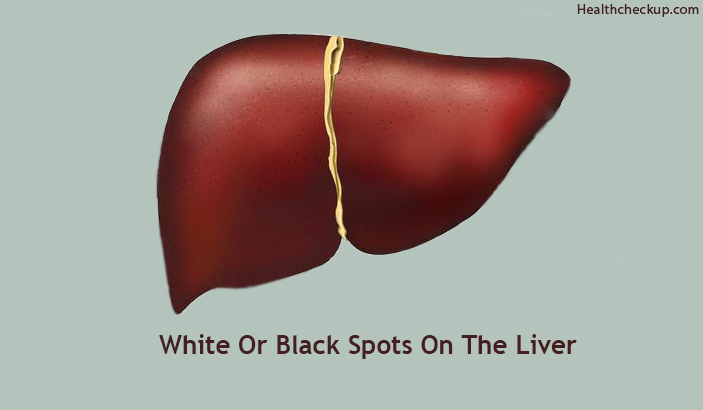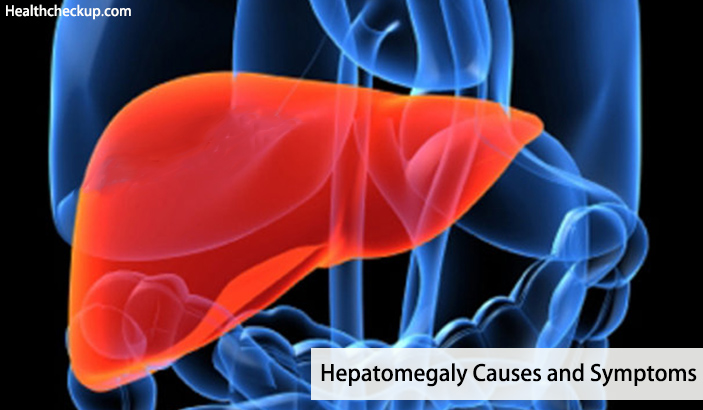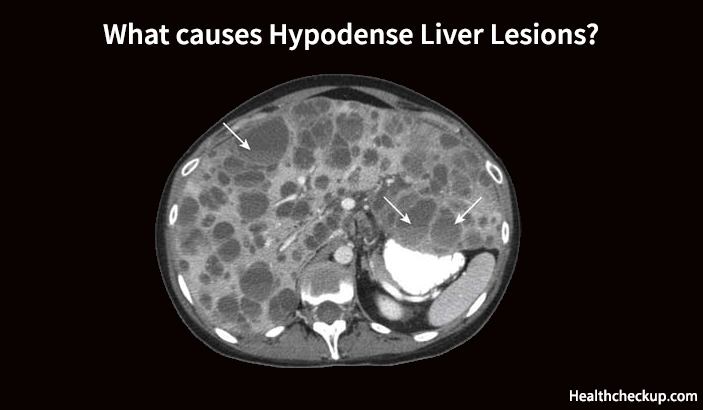Elevated liver enzymes may indicate a problem in the liver and bile duct. Patients may experience loss of appetite and abdominal pain. Various enzymes of the liver are analyzed during the liver function tests. The treatment depends upon the cause of the condition. Diet for elevated liver enzymes also plays an important role to reduce elevated liver enzymes.
What Does Elevated Liver Enzymes Mean?
A liver function test is done to evaluate the overall health of the liver. In the liver function test, levels of various important enzymes of the liver are determined. Alanine transaminase (ALT), Alkaline phosphatase (ALP), Aspartate transaminase (AST), and Gamma-glutamyl transpeptidase (GGT) are the important liver enzymes. The levels of these enzymes get elevated in various liver diseases. In some cases, the elevated enzymes are elevated only to a smaller level. In such cases, they don’t indicate any serious or progressive liver disease.
Elevated Liver Enzymes Symptoms
Elevated liver enzymes indicate that there might be some problem in the liver. Adult and Child with elevated liver enzymes may experience the following symptoms;
- Loss of appetite
- Fatigue
- Yellowing of eyes and skin (Jaundice)
- Abdominal swelling
- Light-colored stool or dark urine
- Nausea and vomiting
- Elevated liver enzymes and fever in some diseases
- Elevated liver enzymes and low white blood cells count in some diseases such as the fatty liver.
Doctor, to analyze the level of liver function, may advise the following patients to have a liver function test;
- Patients who are overweight or obese
- Patients suffering from diabetes
- People who are in the habit of drinking a significant amount of alcohol
- People with a family history of liver disease
Causes Of Elevated Liver Enzymes
There are various causes of elevated liver enzymes. These causes include;
1. Fatty liver disease
In fatty liver disease, the fats get accumulated in the liver.
2. Hepatitis
Hepatitis is a condition characterized by liver inflammation due to various causes such as viral infection.
3. Alcohol abuse
People who drink a high quantity of alcohol may have elevated liver enzymes.
4. Medications
Medications such as statins and analgesics may also lead to elevated liver enzymes.
5. Cirrhosis
In cirrhosis, the liver tissue is replaced by scar tissue, and the liver is not able to function effectively.
6. Metabolic syndrome
Various metabolic syndromes such as diabetes may also lead to elevated liver enzymes.
7. Other diseases
Other conditions that may be responsible for a high level of liver enzymes are celiac disease, herpes infection, Wilson’s disease, sepsis, and muscle inflammation.
Diet For Elevated Liver Enzymes
Diet for patients with elevated liver enzymes include;
- Drink a lot of water
- Do not eat fry and spicy food.
- Reduce or avoid sugar, salt, and fats.
- Eat rice, cereals, fruits, and vegetables, and food rich in fibers.
- Limit the consumption of high-calorie food.
- Incorporate the amount of protein in your diet after taking advice from your doctor or nutritionist.
- While walnuts improve liver function,
- Tofu reduces fat accumulation.
- Avocado protects the liver
- While oatmeal increases energy.
Tests For Liver Enzymes
In the liver function test, the levels of the following are detected;
1. Alkaline phosphatase (ALP)
This enzyme rises in the case of liver disease or blockage in the bile duct.
2. Alanine transaminase (ALT)
It rises in case of liver damage
3. Aspartate transaminase (AST)
This enzyme gets elevated in the case of liver disease.
4. L-lactate dehydrogenase (LD)
Its levels are raised in the case of liver disease.
5. Bilirubin
A high level of bilirubin may be due to liver damage. This results in jaundice.
6. Gamma-glutamyl transferase (GGT)
High GCT levels may be due to liver disease or bile duct problems.
Can Elevated Liver Enzymes Be Cancer?
Although not all cases of elevated liver enzymes are due to cancer, liver cancer may result in elevated liver enzymes. It is because of liver damage by the cancerous cells. It has been found that the levels of AST or ALT at or above 25 IU/L predict cancer risk.
Treatment For Elevated Liver Enzymes
Treatment of elevated liver enzymes depends upon the underlying cause;
- In fatty liver disease, the patient should take a healthy and balanced diet and should perform routine exercise.
- Patients should lose weight, manage diabetes, and reduce stress in the case of metabolic diseases.
- Avoid alcohol
- Antiviral medications in case of hepatitis.
How To Prevent Elevated Liver Enzymes
Following are the ways to prevent elevated liver enzymes;
- Limit the consumption of alcohol.
- Exercise regularly.
- See a doctor if you are at an increased risk of developing liver disease.
Manage stress. - Take medications for conditions such as diabetes, cardiovascular disease, and obesity.
- Lose weight and perform yoga and meditation.

Rohit Jain is an IPR Specialist and Medical Content Writing Expert. For over a decade, he has written several articles in the areas of female infertility, Erectile dysfunction, hemangioma, cervical cancer, monoclonal gammopathy of undetermined significance, mononucleosis, mitral valve disorder, nerve sheath tumor, shin splints, mild cognitive impairment, cellulitis, brain metastases, atelectasis, MCAD deficiency, lymphoma, sepsis, cardiac rehabilitation and metabolic disorder among others.


